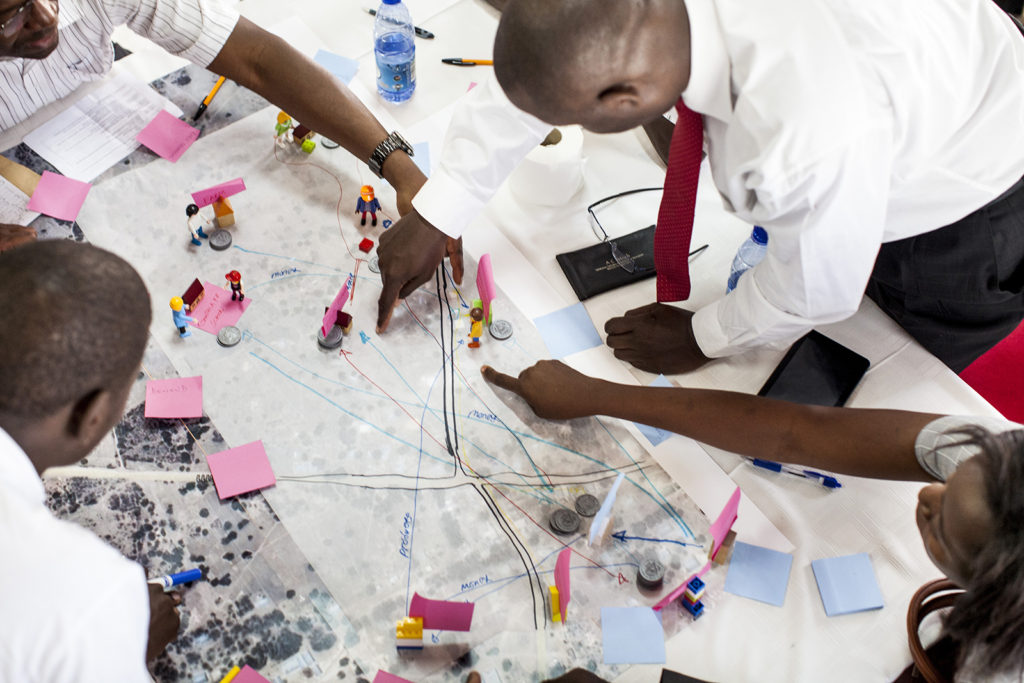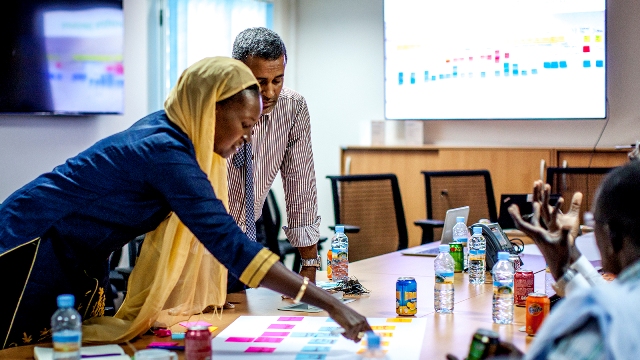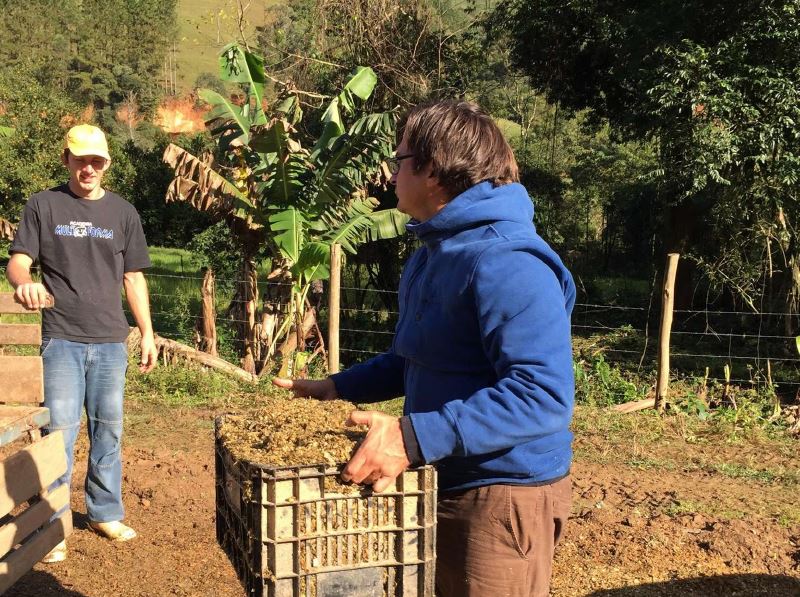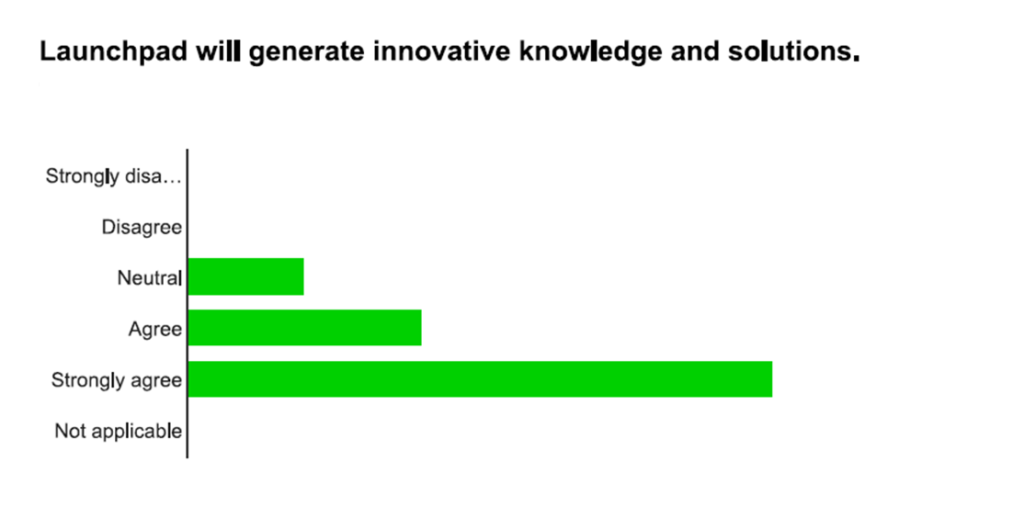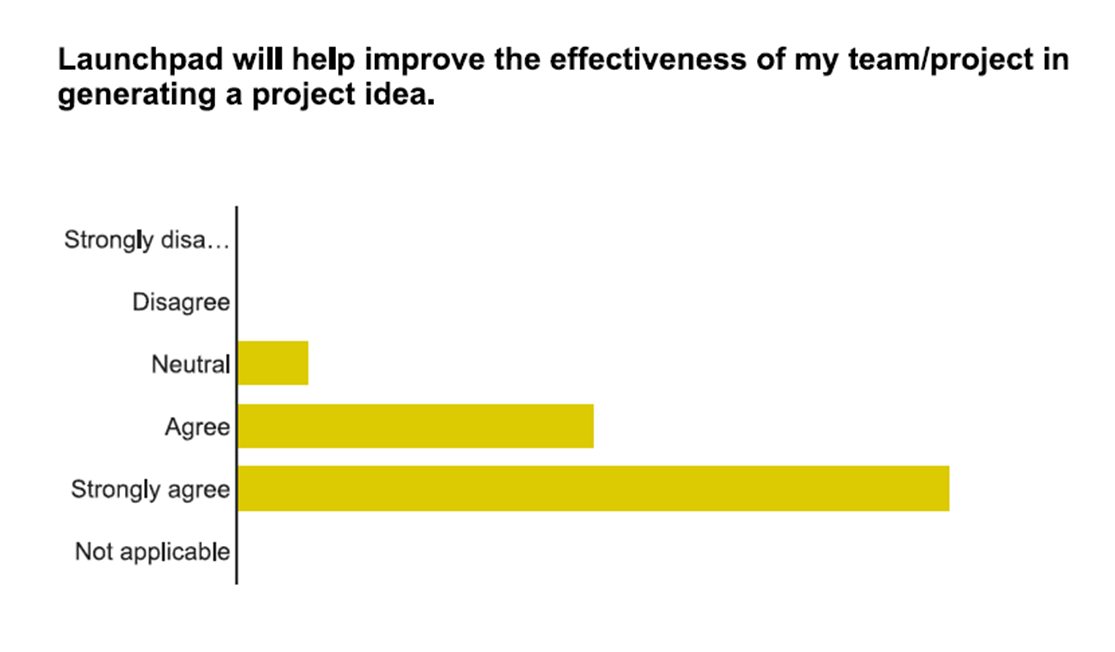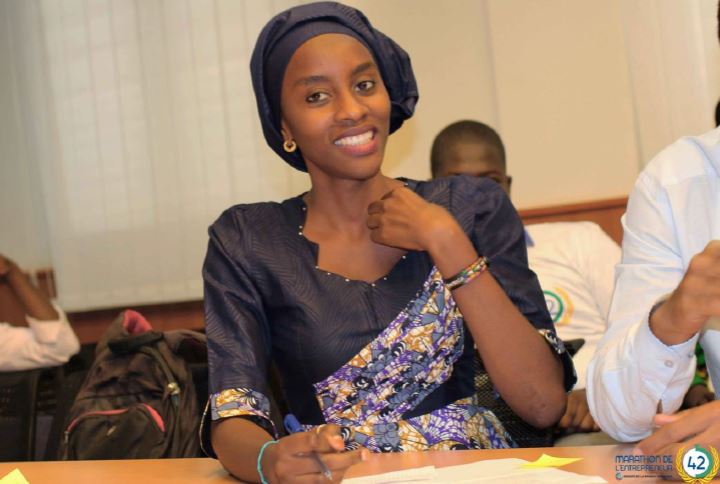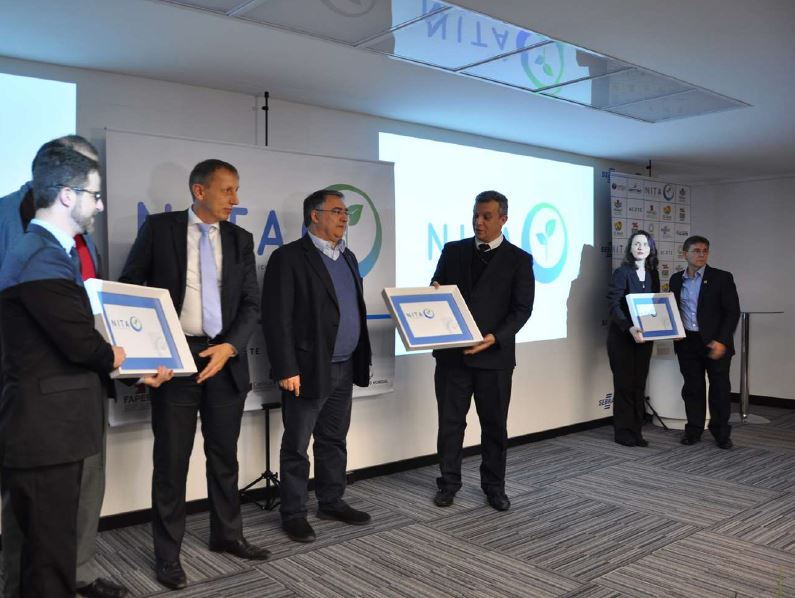The Green Competitiveness Launchpad
Launchpad is a corporate accelerator that I launched and run to find solutions to climate change technology challenges in developing countries.
Job-to-be-done
Help World Bank teams build and launch programs that support climate technology entrepreneurship
my Role
Founder and head
Results
6 climate innovation programs designed and launched
